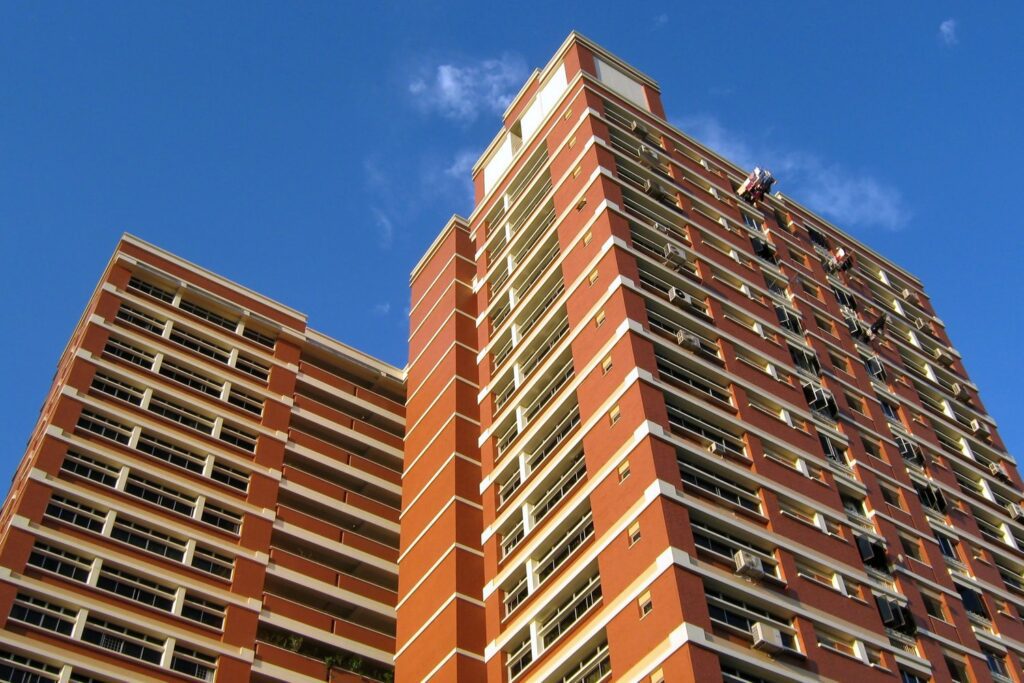
Image by Wikimedia Commons
Despite housing advocates’ cries that big bad private landlords are behind tenant evictions, a Princeton University study shows that—on the contrary—public housing’s responsible for the lion’s share of eviction filings. The Greater LA’s Apartment Association breaks it down below.
A Princeton University study concluded that that public housing authorities are more likely to evict renters than private landlords.
In a report by the Princeton University’s Eviction Lab found that public housing authorities are not only just as likely to evict renters as private property owners, public housing authorities also more likely to make multiple eviction filings against the same renter.
The study analyzed hundreds of thousands of eviction filings from 2010 to 2016 in 29 states and noted that public housing authorities “account for a disproportionately large share of eviction cases.” The study found public housing authority eviction filings are intended to collect unpaid rent from tenants rather than displace them. The study further noted, “Just as private market landlords routinely wield the threat of removal as a means of disciplining tenants and collecting rent, eviction filings remain a common event in public housing, especially among a subset of residents who experience regular difficulty making rent.”
While researchers for the study identified a variety of eviction practices among public housing authorities, with some authorities evicting more and some less than private landlord evictions. The study also concluded that the rates of eviction filings were higher in public housing authorities with a larger share of Black residents and lower among public housing authorities with a higher share of senior residents in comparison to the private sector landlords.
The Eviction Lab Findings
The Eviction Lab states “there are nearly 3,000 different housing authorities across the country, the landscape of public housing is diverse.” Yet, one data point coming out of the study showed that renters in 46.8% of tenant eviction matters, had faced multiple eviction filings against them at the same address compared to just 28.4% in the private rental market, a likely indication that evictions are being used as a rent collection tool. The study also pointed out that rates of evictions among public housing authorities varied and that eviction rates were not dependent upon the size of housing authorities. In one example:
“The Housing Authority of the City of Charleston, South Carolina, had the highest serial eviction filing rate of any large public housing authority in our sample: over 8 in every 10 households that were filed against were filed against repeatedly. Fourteen publich housing authorities—most in North Carolina, South Carolina, or Virginia—had serial eviction filing rates above 50%. By contrast, 13 large public housing authorities had serial eviction filing rates below 20%. In short, not all housing authorities file repeatedly against their tenants.”
This article originally appeared in the Apartment Association of Greater Los Angeles. Read the whole thing here.
RELATED:
- Research says: SF’s expansion of rent control has made evictions way worse
- LA’s eviction moratorium analysis: “Equitable” city meddling harms landlords/tenants
- Legal scholar applauds SJ City Attorney’s rejection of rent cancellation
Follow Opportunity Now on Twitter @svopportunity

